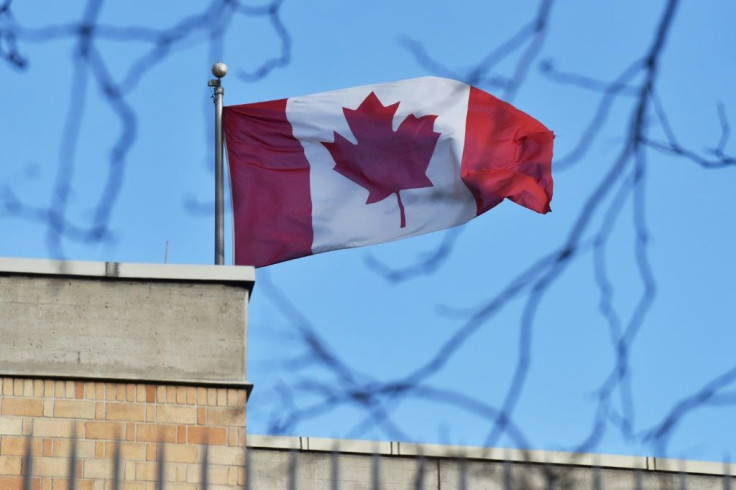Canada-led Declaration Calls Arbitrary Detentions 'Immoral'
Canada unveiled a declaration signed by dozens of other countries Monday targeting the arbitrary detention of foreign nationals, a practice Ottawa says China has deployed against Canadian citizens.
Foreign ministers from 58 countries signed the "declaration against arbitrary detention in state-to-state relations" during a virtual ceremony in Canada's capital.
"This illegal and immoral practice puts citizens of all countries at risk and it undermines the rule of law," Canadian Foreign Minister Marc Garneau said in a statement. "It is unacceptable and it must stop."
The declaration did not single out any country by name.
Ottawa however has frequently drawn attention to the case of two Canadians it says are being held in "arbitrary detention" in China. Beijing did not sign the declaration.
Michael Kovrig, a former diplomat working as a senior advisor for the International Crisis Group, and businessman Michael Spavor were first detained on December 10, 2018 and later charged with spying.

Their arrests were widely perceived in the West as retaliation for Canada's arrest of Meng Wanzhou, a top executive for Chinese tech company Huawei, though China denies these allegations.
On Tuesday, the Chinese Embassy in Canada said it was "fact-distorting and ill-intentioned" to allow a representative from non-governmental group Human Rights Watch to "accuse China of 'arbitrary detention'" at the launch.
It reiterated China's position that Meng's arrest was "completely political", and said: "The Canadian side's attempt to pressure China by using 'Megaphone Diplomacy' or ganging up is totally futile and will only head towards a dead end."
Relations between Ottawa and Beijing have deteriorated since the detentions.
Among the 58 countries -- as well as the European Union -- signing the declaration was the United States, which described arbitrary detentions as "an affront to international diplomatic norms."
"When they are used, as too many nations do, to try to obtain leverage in state-to-state relations, they are a heinous act against the human rights of the individuals in question," US Secretary of State Antony Blinken said in a statement.
Garneau said that with a "multilateral approach," Canada and the other signatories aimed to build up momentum for the initiative, in the same way as it had for its 1997 treaty against the use of anti-personnel mines, which has since been ratified by 133 states.
© Copyright AFP {{Year}}. All rights reserved.




















